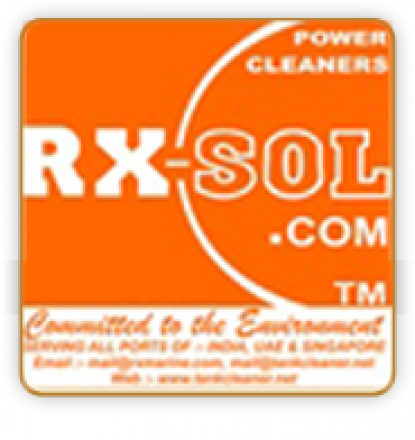Buffer Cleaner
Oman Chemical is leading one Largest Supplier, Manufacture a

Zinc chloride is used a flux for the soldering process. It is also used in the manufacture of magnesia cement, which is used as an active ingredient for dental fillings and mouthwashes. 4. Printing and Textile industry - Around 64% zinc chloride in water is used to dissolve silk, cellulose and starch.
Zinc chloride is used in dry cells as an electrolyte. Other Uses - It is used as a condensing agent, disinfecting purposes, dehydrating agent, wood preservative, deodorant, and disinfectant. A mixture of zinc oxide and hexachloroethane can be used in smoke grenades.
The purification of anhydrous zinc chloride can be done through sublimation with hydrogen chloride gas, followed by the subsequent heating of the sublimate to around 400 °C with dry nitrogen gas. Zinc chloride can also be purified by treating it with thionyl chloride.
Dilute aqueous zinc chloride was used as a disinfectant under the name "Burnett's Disinfecting Fluid". From 1839 Sir William Burnett promoted its use as a disinfectant as well as a wood preservative.